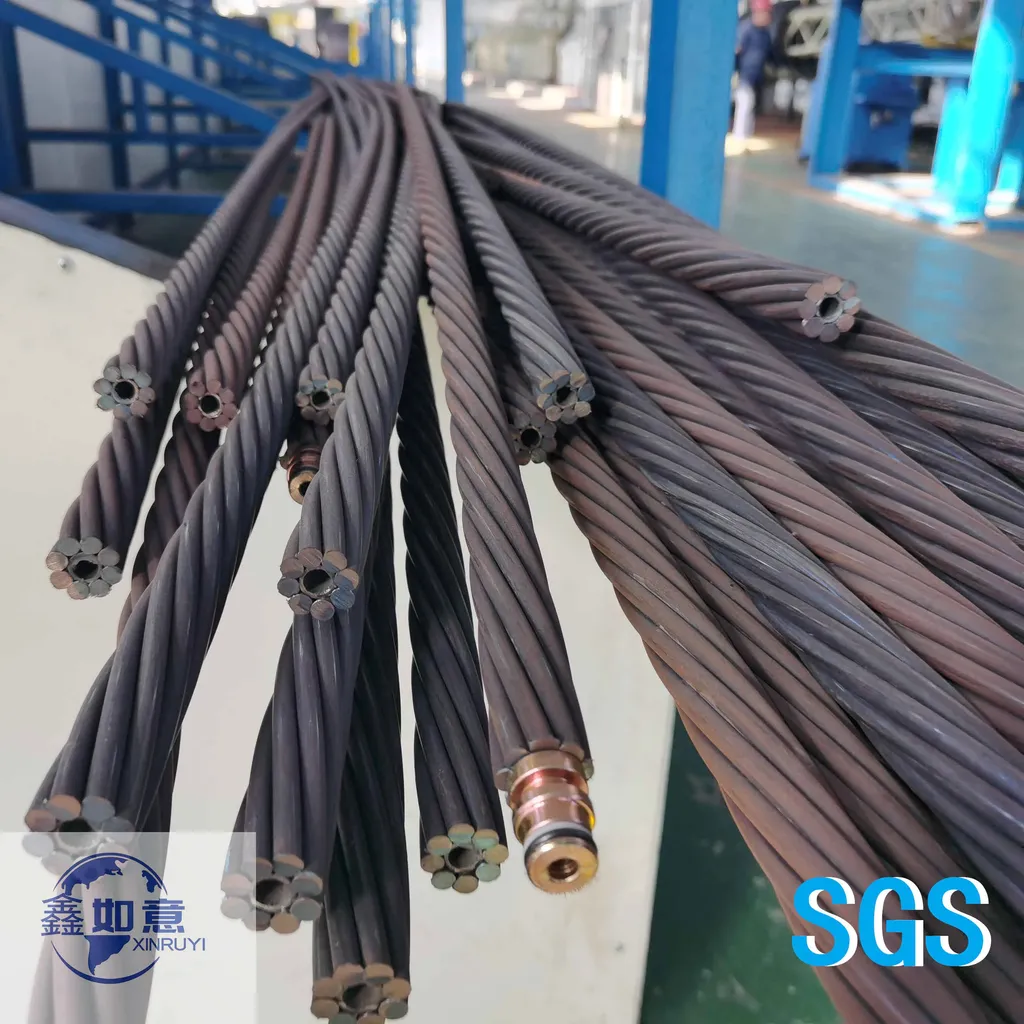In the heart of China’s Shandong province, a groundbreaking study led by LI Yongchao from the Jiangzhuang Coal Mine of Zaozhuang Mining (Group) Co., Ltd. is set to revolutionize mining roadway support systems, particularly in challenging thick soft rock environments. The research, published in the Journal of China University of Mining and Technology (矿业科学学报), addresses a critical issue that has long plagued the mining industry: the instability and failure of surrounding rock in roadways due to inadequate support mechanisms.
The study, titled “Mechanism and application of full-anchor cable support mechanism for direct roof with thick soft rock in mining roadway,” delves into the inefficiencies of traditional anchor rod support systems. “We found that thick soft rock has low strength and is prone to deformation, making it unsuitable as the main anchoring layer,” explains LI Yongchao. This realization led the research team to explore alternative support mechanisms that could effectively stabilize the surrounding rock and prevent deformation.
Through a series of rock mechanics experiments and numerical simulations, the team discovered that the combined support of long and short anchor cables significantly strengthens the shallow surrounding rock. However, the most remarkable finding was the superior performance of full anchor cable support of equal length. This method anchors all thick soft rocks in the deep stable rock layer through methods such as homogenization stress and strengthened anchoring, offering a more robust solution than traditional anchor cable combined support.
The practical implications of this research are substantial for the energy sector. By optimizing support schemes and adjusting key parameters such as anchor cable length and spacing, mining operations can reduce the plastic zone of the roof, increase the working resistance of the anchor cable, and minimize the deformation of the surrounding rock. “Our optimized support scheme has achieved deformation rates as low as 3.68% for the roof and 3.13% for the two sides,” notes LI Yongchao, highlighting the effectiveness of the new approach.
The commercial impact of this research is profound. Enhanced stability in mining roadways translates to increased safety for workers, reduced maintenance costs, and improved operational efficiency. As the energy sector continues to evolve, the demand for innovative solutions to longstanding challenges grows ever more critical. This study not only addresses a specific technical issue but also sets the stage for future developments in mining support technologies.
The research conducted by LI Yongchao and his team represents a significant step forward in the field of mining engineering. By providing a more effective and reliable support mechanism for thick soft rock environments, they are paving the way for safer and more efficient mining operations. As the industry continues to grapple with the complexities of extracting resources from increasingly challenging environments, such advancements are not just welcome but essential. The findings published in the Journal of China University of Mining and Technology offer a beacon of hope for a future where mining operations are safer, more efficient, and more sustainable.

